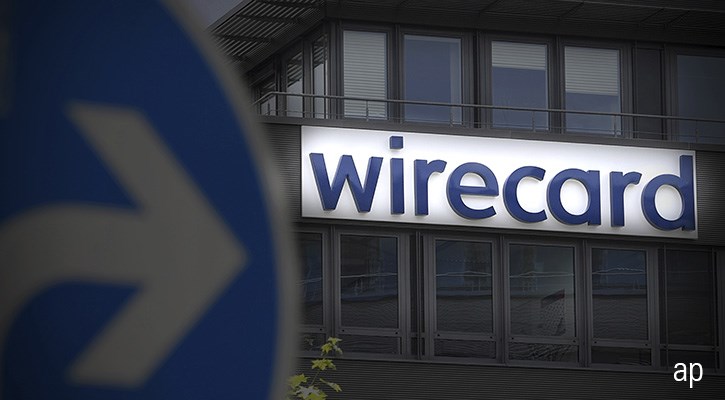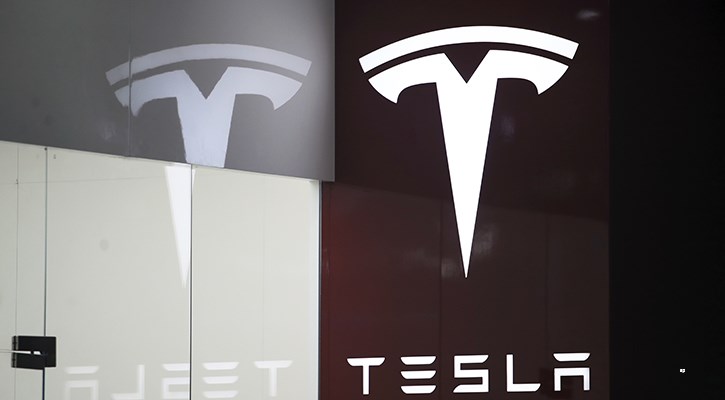
European fund manager Alexander Darwall admits he invested too much in Wirecard, the German fintech company that collapsed after auditors found a multi-billion black hole in its accounts. But he also said that German regulators bear some of the blame for not spotting the fraud sooner, and there are still plenty of unanswered questions about the company.
The manager of the Silver-rated European Opportunities Trust (JEO) says the episode was a lesson in having too large a stake in companies - and a reminder that you can't always rely on regulators to spot problems. “Certainly, the regulators in Germany and the accountants proved to be inadequate,” he said.
What Happened to Wirecard
Payments giant Wirecard admitted in June 2020 that nearly €2 billion in cash was missing from its accounts and then filed for insolvency. The scandal has rocked the German financial establishment and has led to criminal investigations. Founder and chief executive Marcus Braun was arrested in summer 2020 and former chief operating officer Jan Marsalek is still on the run from police.
The scandal highlighted the problem of fund managers taking large positions in companies, and showed what can happen when a high-conviction strategy goes wrong.
Darwall first invested in Wirecard 13 years ago, when shares were around €9, increasing his stake over time, and started to reduce his position in November 2017, when shares hit €121. Rumours of accounting irregularity at the firm had circled for a number of years but the scandal blew up in June 2020, the shares plunged and the company was declared insolvent.
Darwall adds that not all of Wirecard’s board members have been implicated in the fraud and subject to criminal investigation. What that shows, he says, is that “you can have a very significant fraud without all the senior people involved”. And there are still many unanswered questions about the case, he adds: “We don’t know precisely what’s happened at this point."
The collapse in Wirecard, combined with the Covid-19 market crash, pushed Darwall's European Opportunities Trust down sharply and while it has since recovered, it finished 2020 down 11%. Over 10 years, the trust has returned 11% on an annualised basis, and Morningstar analyst Robet Starkey says it is a " good option for long-term investors who are willing to tolerate a volatile ride to pursue alpha".
Darwall left Jupiter Asset Management in 2019 to strike out on his own and set up Devon Equity Management. What was Jupiter European Opportunities, which had a Gold Rating, became European Opportunities Trust. (Darwall also managed Jupiter’s open-ended European funds).
A Trust for All Seasons
Morningstar's Starkey says lessons have been learned from the Wirecard debacle, and the trust has retained its Silver Analyst Rating. “The large position and associated losses from Wirecard served as a key lesson in risk-management here,” says Starkey. “The long-term time horizon helps to mark this strategy out, and we retain a positive view of the strength and consistency with which the process has been executed."
Away from Wirecard, Darwall is thinking about how the current economic picture affects his portfolio. His conviction is that “we cannot assume free money forever” and is positioning the trust towards stocks that will do well in an environment of higher inflation and interest rates. “Many valuations in the market are based on zero interest rates forever, but that is not what we think is likely,” he says. Instead, he likes companies with low debt and is also keen to keep the trust’s gearing, currently around 2%, as low as possible.
Data and healthcare are key themes in the portfolio: Danish pharma company Novo Nordisk (NOVO-B) is the top holding, followed by credit rating giant Experian (EXPN), publisher RELX (REL) and French software company Dassault Systemes (DSY). Darwall is aiming to build a “fund for all seasons”, with stocks that can do well in most economic environments, especially with such persistent uncertainty about the wider European outlook, paticularly because of the Covid-19 pandemic.
To balance the risk from Europe's slowdown, Darwall said the portfolio has been tilted towards other areas of the world, such as North America. "More than ever we have that kind of global exposure, tapping into more successful areas of the world.”




























